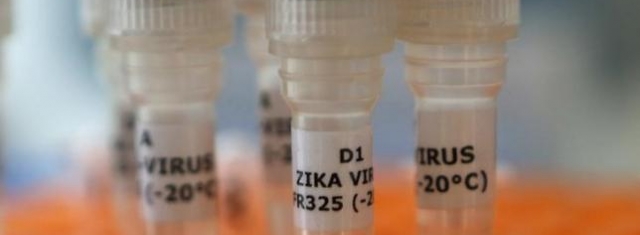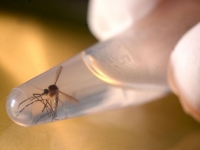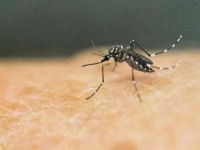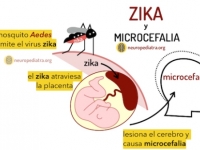Health
Chile reports its first sexually transmitted Zika case
Zika

Zika (Source: Reuters/Ina Fassbender)
The virus is linked to thousands of suspected cases of birth defects in Brazil.
The new case in Chile is that of a 46-year-old woman whose partner was infected while in Haiti. Chile, where the mosquitoes that transmit the virus are not found, has confirmed 10 cases of Zika involving people infected outside the country.
There is growing evidence that suggests a link between Zika and microcephaly in babies. The condition is defined by unusually small heads that can result in developmental problems.
Brazil said it has confirmed more than 900 cases of microcephaly and considers most of them to be related to Zika infections in the mothers.
U.S. health officials recommend that women wait at least two months, and men at least six, before attempting to conceive after infection with Zika.
(Reporting by Hugh Bronstein; Editing by Steve Orlofsky)
The ministry of Chile said in a statement on its website: "This is the first documented case of Zika virus through sexual transmission in mainland Chile, where there is no presence of the Aedes aegypti mosquito that transmits the disease."
"To date, we have confirmed 10 cases of Zika contracted abroad and reported in the country, including eight in 2016.
“Most Zika virus infections are asymptomatic. Men and women returning from areas where there is Zika should consider adopting safe sex or abstain from sexual activity at least four weeks after return. In the case of pregnant women this care must be for the entire period of pregnancy.
Mosquitoes that transmit the virus are not found on mainland Chile, but the Aedes aegypti mosquito has been discovered on the remote Easter Island in the Pacific, which is under the country´s control. The health ministry previously said there is no danger of the virus spreading onto the mainland.
more information: https://www.reuters.com/article/us-health-zika-chile-idUSKCN0WT00Q
Liability for this article lies with the author, who also holds the copyright. Editorial content from USPA may be quoted on other websites as long as the quote comprises no more than 5% of the entire text, is marked as such and the source is named (via hyperlink).











